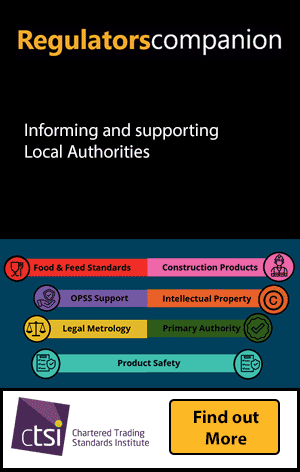techUK
|
|
Digital Ethics Summit 2021: What did we learn?
On 8 December we hosted our fifth annual Digital Ethics Summit. It was a significant occasion for us; this is the fifth time we have had the privilege of convening some of the greatest minds devoted to thinking about ethical and responsible innovation in this ever-more digital world.
Too many insights were shared for them to be summarised in a single blog, but there were themes running as threads throughout the day which are worth drawing out.
Putting ethics into action
Throughout the day, as speakers were reflecting on the differences between today and the time of the first Summit in 2017, it became clear that we have moved from a conceptual conversation, laying out principles and how they interact, to a highly practical one about implementation.
The very first session of the day was a speech by the UK Minister for Tech and the Digital Economy, Chris Philp MP, launching a brand new roadmap to an effective AI assurance ecosystem – the first of its kind in the world. The roadmap marks the ambition to build a new market of services which can verify the trustworthiness of AI system to determine whether they do what they claim, in the way they claim. From the speech and our conversation, it was apparent that the government’s intention with AI governance is to have a “light touch but right touch” approach, aiming to accelerate innovation at the same time as increasing trustworthiness.
We couldn’t have started the day in a much more practical way, and ethical assurance recurred as a theme throughout the day. But sessions also focused on other sides of ethics in practice: In one of the morning breakouts, experts from Clifford Chance and the ICO took us through the various ethical and regulatory considerations for a hypothetical new app in a compressed design sprint, the policing plenary panel discussed details on a facial recognition technology framework being tested with Dutch police forces and the afternoon’s keynote by Dr Sasha Luccioni referenced a free tool to check the carbon footprint of machine learning models.
More to do
While these practical steps and tools to implement ethics are to be applauded the message of the day was not to rest on our laurels. We were reminded on the very first panel of the day that understanding of different technologies is often lacking, among everyone from parliamentarians to the general public to students at school. This has consequences for how good we are at taking advantage of technological benefits, but at least as worryingly, how good we are at assessing risks and holding those creating and deploying technologies to account.
Professor Joanna Bryson alerted us to the danger of a narrative that ethics is a barrier to competitiveness, and we were reminded in the breakout session on digital twin technology to never simply assume that ethics will be given due consideration. If we want ‘ethics by design’ it requires deliberate action on the part of companies and policymakers alike. Agreeing on the high-level principles we all want to achieve is not enough to make sure these are put into action.
What comes next?
In a very literal sense, this is a question that occupies the speakers who joined our final panel of the day. Reflecting on what we can learn from science fiction, the acclaimed writers Ken MacLeod and Ted Chiang, alongside literary academic Professor Sarah Dillon, reminded us that sometimes we need to look beyond usual sources of information to “break out of the mindset that the future is going to be much the same as the present”, as Ken MacLeod expressed it. And that digital ethics would benefit from engaging with literature not only to imagine what this different future will look like, but to inform how we shape it in a direction to benefit humanity.
While there is no shortage of discussing, encouraging and celebrating innovation, at techUK and elsewhere, perhaps we do need to get better at imagining radical societal changes, and preparing for the difficult ethical challenges these could bring about. We look forward to contributing to this, with the invaluable insights of our members, throughout 2022 and beyond.
You can watch the sessions from the Digital Ethics Summit here.
If you would like to find out more about our Digital Ethics work and get involved with our working group, get in touch with me on emilie.sundorph@techuk.org.
Original article link: https://www.techuk.org/resource/digital-ethics-summit-2021-what-did-we-learn.html


